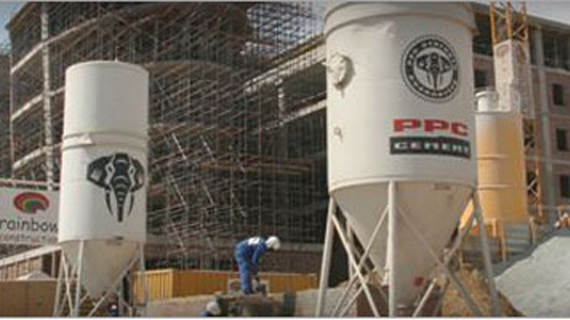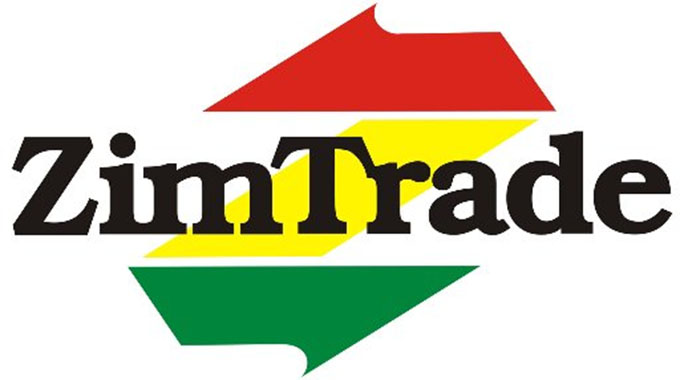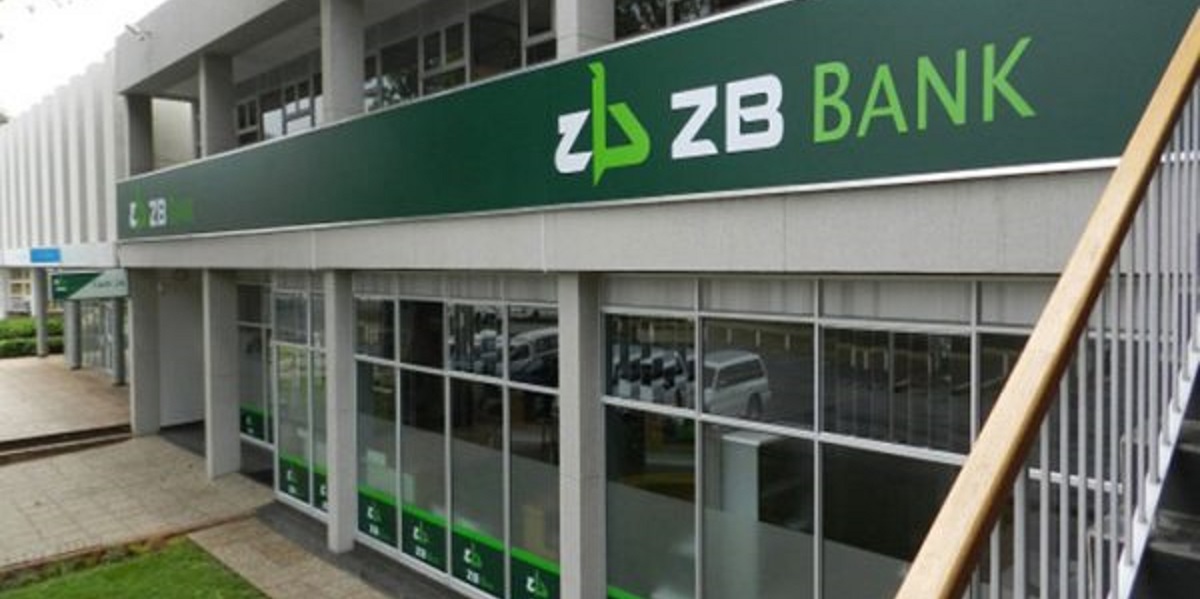ZB non-funded income surges 76pc driven by digitalisation
ZBFH Group has announced a significant 76 percentage increase in non-funded income for the fiscal year ending December 31, 2024, driven by its aggressive digitalisation strategy.
This surge contributed to a 39 percent rise in total income, reaching ZiG3,210 billion (US$172,211 million), up from ZiG2,307 billion (US$170,173 million) in the previous year, amidst a challenging liquidity environment.
This performance showcases significant achievements and the impactful outcomes of the group’s strategic transformation. Central to this transformation is the Group’s commitment to becoming customer-centric, with a concerted effort to place customers at the heart of all operations.
Under the banner of “One Digital ZB,” ZBFH has digitised all customer touchpoints, a move that not only empowers customers but also aligns with modern banking expectations.
The substantial strides made in this area are clearly reflected in this year’s financial outcomes, affirming the effectiveness and positive impact of the Group’s forward-thinking strategy.
Despite the challenging liquidity environment, ZBFH Group’s total income for the period under review saw a substantial increase of 39 percent, reaching ZiG3,210 billion (US$172,211 million), up from ZiG2.307 billion (US$170,173 million) in the previous year.
This growth was largely fueled by a significant rise in Commission and Fees income and Trading income, which together accounted for 90 percent of other Operating Income.
The notable increase in Trading Income underscores the financial institution’s robust potential. ZBFH, often described as a “roaring giant,” is a prominent traditional financial services entity with extensive operations in banking, insurance, and investments across Zimbabwe and regional expansions, including a reinsurance business established in Botswana in 2021.
In 2024, the group prioritised upgrades to its core IT systems across the life assurance, microfinance, and banking sectors.
A notable enhancement of its core-banking system in the fourth quarter aimed to boost operational efficiency and customer experience, aligning with the group’s strategy to leverage digital platforms and enhance financial inclusion.
Net interest income increased by 7 percent from the previous year, from ZiG442,102 million (US$32,599 million) to ZiG474,522 million (US$25,450 million), reflecting growth in loans and advances.
Sustainable income, excluding fair value adjustments, rose by 88 percent to ZiG2,995 billion (US$160,637 million) from ZiG1,592 billion (US$117,453 million), demonstrating the resilience of the group’s business model.
Operating expenses increased by 10 percent to ZiG1,784 billion (US$95,730 million) from ZiG1,625 billion (US$119,879 million) last year, yielding a sustainable positive Jaws ratio of 78 percent.
Consequently, the group reported a profit after tax (PAT) of ZiG1,167 billion (US$62.593 million), a 4 percent improvement from the previous year’s ZiG1.124 billion (US$82,905 million).
Adjusted for fair value gains, the group’s sustainable PAT surged by 132 percent to ZiG951,249 million (US$51,020 million) from ZiG409,348 million (US$30,184 million) in the previous year, further reflecting the group’s earnings structure’s resilience and adaptability to a volatile and costly operating environment.
Total assets doubled, increasing by 104 percent to ZiG14,382 billion (US$557,501 million) from ZiG7,062 billion (US$520,751 million), bolstered by additions and fair value adjustments to Investment Properties worth ZiG266,162 million (US$10,316 million) and ZiG42,093 million (US$1,631 million) respectively.
During the review period, the group’s property investment arm, Mashonaland Holdings, completed the construction of a state-of-the-art commercial centre in Pomona, significantly enhancing the value of investment property.
Loans and advances, which constituted 28 percent of the Group’s total assets, increased by 90 percent to ZiG3,988 billion (US$154,608 million) from ZiG2,104 billion (US$155,148 million). Despite the firming of the group’s balance sheet in non-liquid assets through Property Investments, the overall liquidity position improved markedly, with the liquidity ratio rising from 55 percent in the previous year to 69 percent , and net cash flows from operating activities turning positive from a negative ZiG827,946 million (-US$61,050 million) to ZiG276,337 million (US$10,711 million).
The Return on Equity, based on sustainable earnings, improved to 14 percent from 6 percent, with the overall return on assets increasing slightly by a percentage point to 7 percent from 6 percent the previous year.
Leveraging continuous investment in technology (core banking system + digital platforms), regional expansion through establishment in targeted markets, strategic diaspora partnerships, a strong balance sheet anchored by Property Investments, and efficient capital re-allocation, management remains optimistic about sustainable business growth going forward.
The group’s banking arm continues to promote Environmental Social and Governance (ESG) initiatives by financing climate-conscious projects such as solar energy infrastructure at corporate, SME, and individual levels.
Additionally, commendable progress has been made toward attaining certification under the Central Bank-led Sustainability Standards Certification Initiative (SSCI) through the European Organisation for Sustainable Development (EOSD), expected to unlock offshore funding for financing ESG-related projects.
herld












